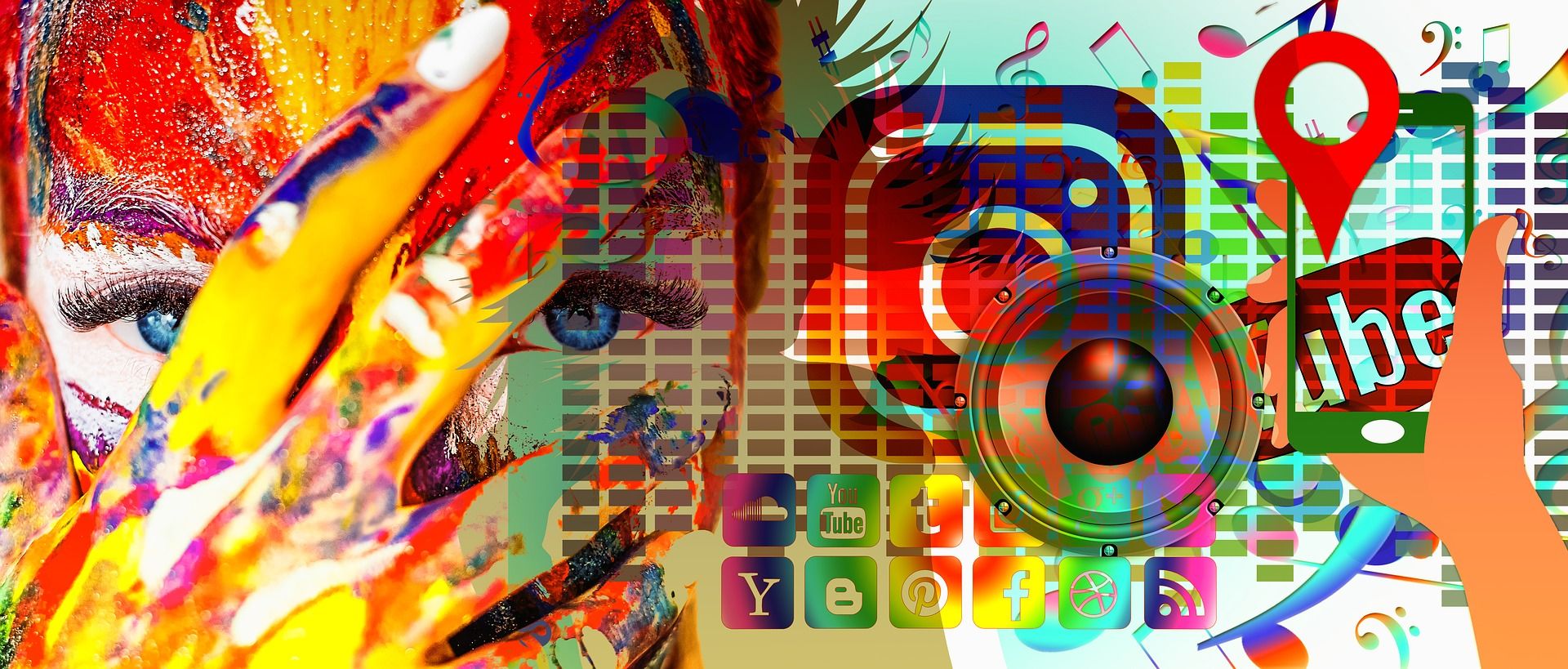Introduction
Social media has become an integral part of our daily lives, providing a platform for personal expression, communication and information sharing. However, this powerful tool also comes with legal implications that users must understand to navigate safely. Knowing what you can and cannot post on social media is crucial to avoiding legal issues and maintaining a respectful online presence.
The Legal Framework Governing Social Media
- Article 19(1)(a): Guarantees the freedom of speech and expression.
- Article 19(2): Imposes reasonable restrictions on this freedom.
Information Technology Act, 2000:
- Section 66A: Prohibits and punishes sending offensive messages via communication services including social media.
- Section 69A: Allows the government to block access to information that doesn't comply with legal standards.
- Section 124A: Addresses Sedition, Sedition is the act of encouraging rebellion or resistance against government authority through speech, writing, or actions.
- Section 153A: Penalises promoting enmity between different groups.
- Sections 292 and 293 of IPC: Punish the distribution and sale of obscene materials.
- Section 295A: Deals with intentional insults to religion.
- Section 499: Covers Defamation, Defamation is the act of making false statements about someone, that can damage their reputation.
- Section 505: Addresses public mischief.
- Section 509: Protects women's modesty.
Indecent Representation of Women (Prohibition) Act, 1986:
- Sections 3 and 4: Prohibit and punish indecent representation of women.
These laws aim to ensure responsible and respectful social media use in India.
What You Can Post
- Personal Experiences and Stories: Share vacation photos, new hobbies, or personal achievements. These posts are engaging and generally safe.
- Educational and Informative Content: Post how-to guides, tutorials, and informative articles. These are appreciated and shared by others.
- Positive and Inspirational Messages: Share motivational quotes, personal achievements, and uplifting stories to inspire your followers.
- Creative Work: Showcase your art, music, writing, or other creative expressions. This attracts like-minded individuals and builds a supportive community.
- News and Current Events: Share reliable news updates and your perspectives on current events to spark meaningful discussions.
- Professional Achievements: Post about career milestones, projects, and expertise to build your professional network and establish yourself as a thought leader.
- Community and Social Causes: Support social causes by sharing content related to charity events, environmental campaigns, or social justice advocacy.
- Reviews and Recommendations: Share honest reviews and recommendations of products, services, or places you've experienced.
- Humorous Content: Post light-hearted, respectful memes, jokes, and funny videos to entertain your followers.
- Acknowledging Others: Recognise and appreciate friends, family, and colleagues publicly to foster positive relationships and a supportive environment.
What You Cannot Post:
- Hate Speech and Offensive Content: Hate speech, defined as any speech that can incite violence or discrimination against individuals or groups based on race, religion, ethnicity, gender, or other characteristics, is illegal. Socially, such posts can cause significant harm and backlash
- Defamation and Libel: Making false statements that harm someone's reputation is defamation. Libel refers specifically to written defamation, including social media posts. Posting defamatory content can lead to lawsuits and severe social consequences.
- Invasion of Privacy: Posting private information about someone without their consent can lead to legal repercussions and damage personal relationships. Respecting others' privacy is both a legal obligation and a social courtesy.
- Copyright Infringement: Using someone else’s content without permission violates copyright laws. This includes text, images, videos, and music. Always seek permission or ensure your use falls under fair use provisions.
- Misinformation and Fake News: Spreading false information can lead to public harm and legal issues. Always verify the accuracy of the information before posting.
Best Practices for Responsible Use
- Staying Informed About Legal Changes: Social media laws and regulations are continually evolving. Staying updated on legal changes helps ensure compliance and avoid unintentional violations.
- Ethical Posting Guidelines: Respect for diversity, privacy, and intellectual property is crucial. Ethical posting practices involve being mindful of the impact of your content on others and fostering a positive online environment.
- Utilising Privacy Settings and Reporting Tools: Protecting personal information through privacy settings is essential. Additionally, reporting tools can help address violations and ensure a safer online community for everyone.
Conclusion
Understanding and respecting the legal and social aspects of social media use is vital for a balanced and positive online experience. By being aware of what you can and cannot post, one can avoid legal issues and contribute to a respectful and harmonious online community. Educate yourself about your rights and responsibilities to use social media responsibly and legally, fostering a safer and more inclusive digital environment.
References
- Priya Soni & Arvind Kumar Singh, Social Media Addiction and Rising Concern of Social Media Addiction, 5 INDIAN J.L. & LEGAL RSCH. 1 (2023).
- Aditya Singh, The need for regulation of social media, ipleaders, https://blog.ipleaders.in/the-need-for-regulation-of-social-media/.
- Priyanka Kumari, Social Media Law And Its Implication, Legal service India, https://www.legalserviceindia.com/legal/article-10231-social-media-law-and-its-implication.html.
- Aditi, A Critical Evaluation Of Social Media Regulations In India, Legal service India, https://www.legalserviceindia.com/legal/article-11661-a-critical-evaluation-of-social-media-regulations-in-india.html.
